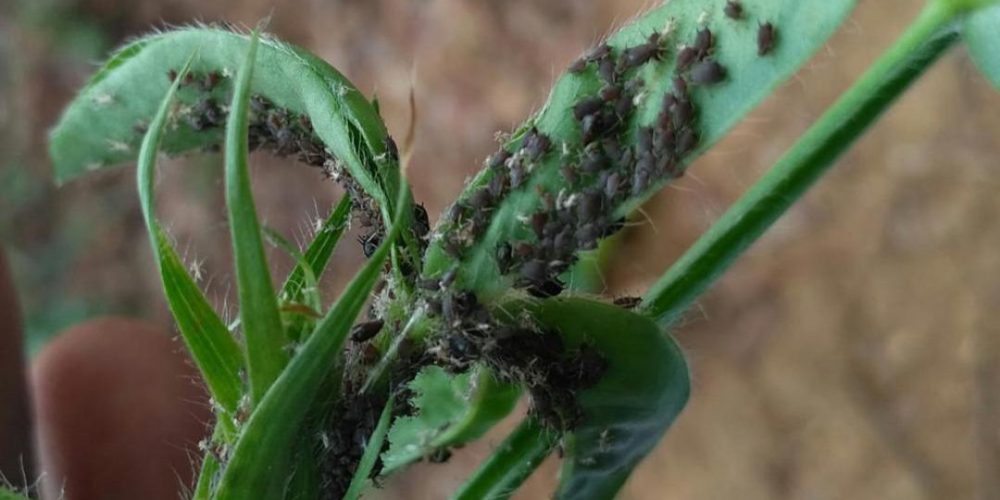Table of contents of the article
ToggleAphids are one of the most common pests affecting peanut leaves, causing significant damage to the crop. And in this article on your site botanist WORLD of PLANTS, we will review the causes and symptoms of aphid disease on peanut leaves and how to effectively combat it to maintain plant health.
Symptoms of aphid disease on peanut leaves and information about it
- The plant is characterized by wrinkled leaves and branches, wilting and yellowing of leaves and branches and stunted growth.
- Low and medium numbers do not have a harmful effect on the plant.
- Adult infections may cause wrapping of leaves, twisting of branches, sometimes yellowing, wilting and poor growth. You will notice a general lack of flowering of the crop.
- Aphids produce Honeysuckle which may encourage additional infection from the growth of opportunistic fungi, which is manifested by the growth of rot on the surface of the hyphal mold plant.
- The honeycomb seminar attracts ants. Even a few aphids can transmit viral diseases from one plant to another.
- The most favorable conditions for the reproduction and spread of aphids are dry warm climates.
The scientific name of APHIS is Aphis, and it is also found in cotton, watermelon, cucumber corn, Pistachios, guava, ginger, turmeric, peas and chickpeas, apricots pumpkin, sorghum, lentils, sweet potatoes, almonds, apples, bananas, green and black cowpea puffa peach coffee roses peas millet, pomegranate, olives Indian peas and red peas papaya, tobacco cabbage karela bitter puke) rice capsicum and chili mango lettuce Vegetables, wheat, carrots, pears, sugar beet, beans, currants, sugar cane, potatoes, soybeans, zucchini, canola, Cherries, garlic, onions, citrus fruits (ornamental citrus plants, broccoli, tomatoes, grapes, eggplant, okra, strawberries, barley).
Preventive measures for aphid disease on peanut leaves
- Keep diverse numbers of different plant species around the fields.
- Get rid of the remnants of the previous crop.
- Reflective plastic sheeting can be used on the soil to keep aphids away from the field.
- Monitor the field regularly for early detection of any symptoms or lesions and determine the degree of severity.
- Manually pluck the larvae from the plant or get rid of the infected parts of the plant.
- Weeds around the fields should be checked for the possible presence of aphid colonies in them.
- Excessive watering and excessive fertilizing should be avoided.
- Ant control may bring good results in the elimination of aphids, because ants protect aphids and transport it from place to place.
- Pencil the branches of your trees or get rid of the lower leaves on your plants to improve plant ventilation.
- If necessary, protective nets can be used to keep aphids away.
- Control the use of insecticides in order not to affect beneficial insects.
- Leaves, branches and plants on which large aphid infestations appear should be removed and disposed of.
The cause of aphid disease on peanut leaves
Aphids are small insects with soft bodies, legs and long antennae. Their sizes range from 0.5 to 2 mm and their color may be yellow, brown, red or black depending on the insect species. The insect may appear without wings, which are the most widespread forms, or winged individuals with a waxy or hairy appearance appear. aphid colonies often remain large, feeding in large groups on the lower surfaces of small branches or branch tips.
These insects use long sucking piercing mouthparts in order to suck the sap from the soft tissues of the plant few or medium numbers will not cause harm to the plant after the initial infections in late spring or early summer, the numbers begin to decrease naturally until the disappearance due to natural enemies many types of aphids carry viruses that cause diseases to plants .
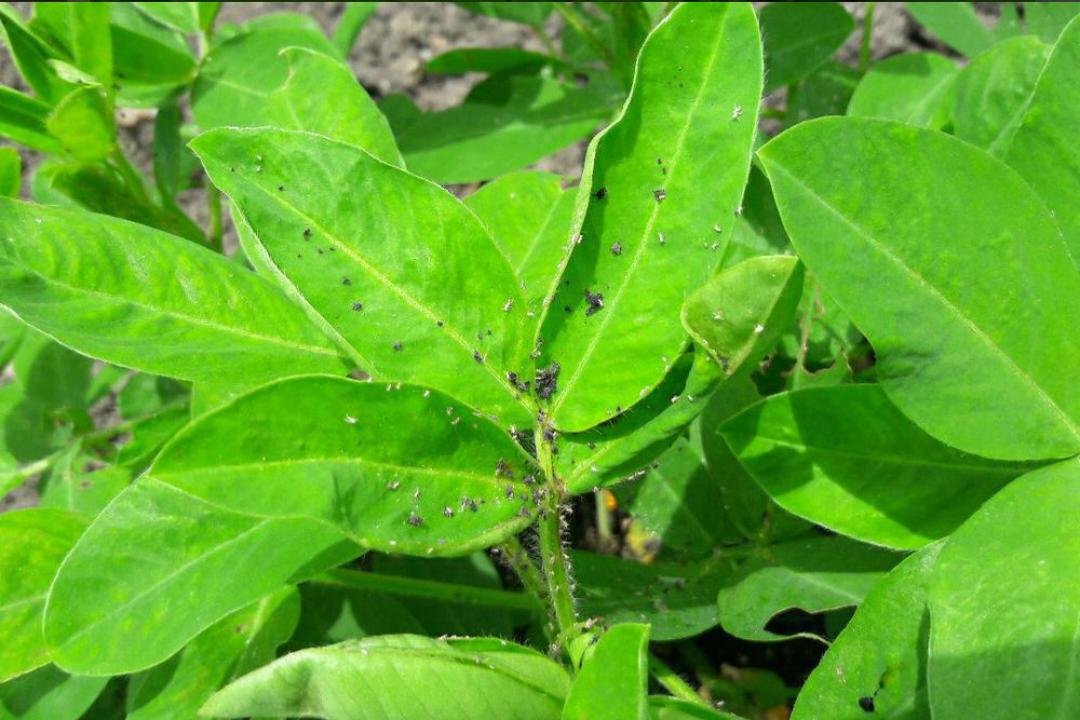
Chemical control of aphid disease on peanut leaves
Insecticides Clothianidin 22.5%, Pyraclostrobin 3.5%, Thira…
In conclusion, we would like to note that we, at the world of plants website, offer you all the necessary services in the world of plants, we provide all farmers and those interested in plants with three main services::-
- Artificial intelligence consulting service to help you identify diseases that affect plants and how to deal with them.
- Blog about plants, plant diseases and care of various crops ... You are currently browsing one of her articles right now.
- An application that provides agricultural consultations to clients, as well as a service for imaging diseases and knowing their treatment for free – Click to download the Android version from Google Play Store، Click to download the IOS version from the Apple App Store.

